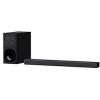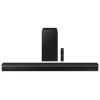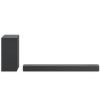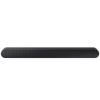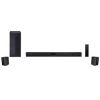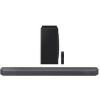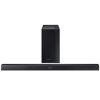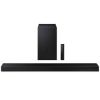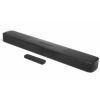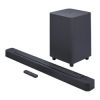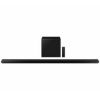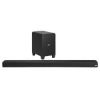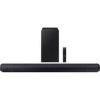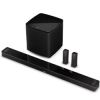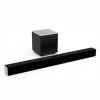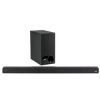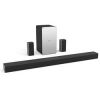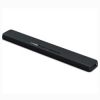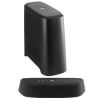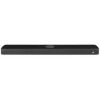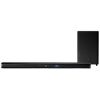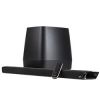Nakamichi Shockwafe Ultra 9.2 vs Samsung HW-Q70R review
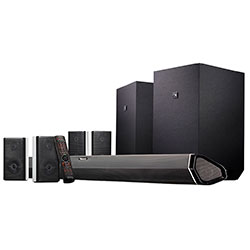
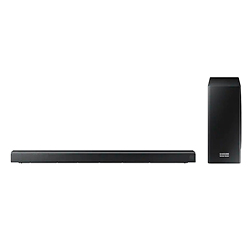
If you have already decided that you want to buy a new soundbar, but still don’t know what exactly you want, the Nakamichi Shockwafe Ultra 9.2 vs Samsung HW-Q70R comparison is here to offer you two decent solutions. The Nakamichi Shockwafe Ultra 9.2 was rated 8.2, while the Samsung HW-Q70R has a rating 7.6. The soundbars are equipped with a different number of buttons, power, source, demo, volume down, volume up for the Shockwafe Ultra 9.2 and power, volume down, volume up, source for the HW-Q70R.
Audio features
Each of the models under consideration has active amplification type. A noticeable difference is the number of channels that Shockwafe Ultra 9.2 has 9.2.4 and HW-Q70R has 3.1.2. These rivals can be compared in terms of power, 1000 (overall) versus 330 (overall) according to devices. The built-in subwoofer is not implemented in any of these models. An external subwoofer can be connected to any of the units in this comparison. Rate 10 out of 10 received the Nakamichi Shockwafe Ultra 9.2 for audio features and specs, but the Samsung HW-Q70R received 7 out of 10.
Streaming services
Soundbars do not have AirPlay support. Each of the competitors can play content from Spotify.
Connectivity
Wireless Internet connection is realized only in the HW-Q70R. Soundbars from this comparison have Bluetooth support. There are 3/1 HDMI inputs/outputs in the Nakamichi Shockwafe Ultra 9.2 versus 1/1 HDMIs in the Samsung HW-Q70R. As in the Shockwafe Ultra 9.2, so in the HW-Q70R there is the HDMI Audio Return Channel (ARC). Connecting devices via USB is possible in both models. We rated the connectivity of the Shockwafe Ultra 9.2 at 8 out of 10, while the HW-Q70R was rated 7/10. The manufacturer of the HW-Q70R provides a device control application. The Samsung HW-Q70R equipped with a microphone. The Samsung HW-Q70R may become part of a multiroom system.
Multichannel surround
Manufacturers equipped both units with Dolby Atmos audio decoder. Units from this comparison can process surround sound due to DTS:X support. The same score of 10/10 was put to the soundbars for multichannel surround support.
Advantages Nakamichi Shockwafe Ultra 9.2 over Samsung HW-Q70R
- Amazon Music compatible
Advantages Samsung HW-Q70R over Nakamichi Shockwafe Ultra 9.2
- WI-FI enabled
- App control
- Microphone
- Multi-room support
Common
Product
Model
Brand
Reviews
General
Placement type
Connection to source
Soundbar buttons
Audio features
Built-in channels
Amplification type
Output power, W
Separate speaker (in package)
Separate speaker connections
Subwoofer
Built-in subwoofer
Separate subwoofer (in package)
Separate subwoofer connections
Streaming services
Apple Music (AirPlay)
Amazon Music
Spotify
Other streaming services
Connectivity
WI-FI
Bluetooth
Ethernet (RJ45)
NFC
HDMI input/output
HDMI ARC
HDMI eARC
HDMI CEC
Optical digital input/output
USB
Coaxial digital input/output
Analog audio input/output (RCA)
Headphone output
Subwoofer output
Features
Voice control
App control
Microphone
Remote control
Multi-room
Multichannel surround
Dolby Atmos
Dolby (other)
DTS:X
DTS (other)
User manual
Dimensions
Size (Wx H x D), cm/in
Weight, kg/pounds
Other
Release year
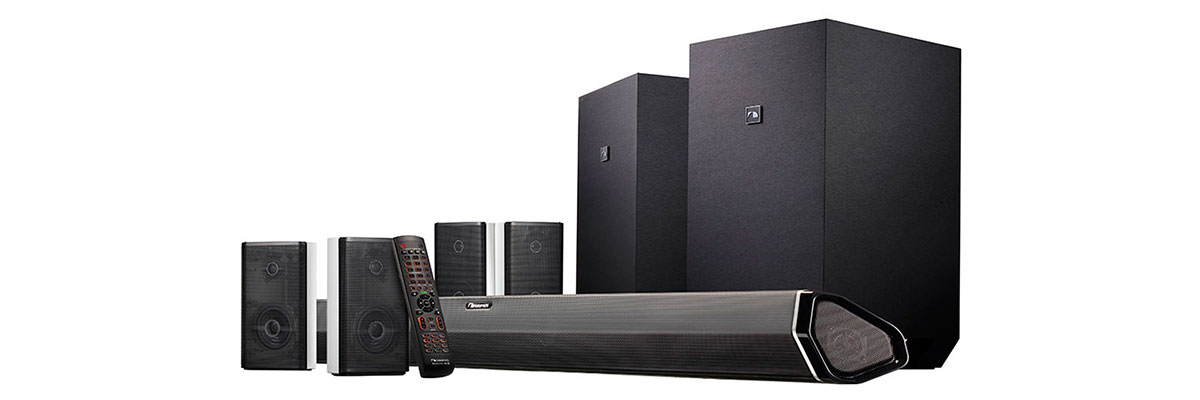
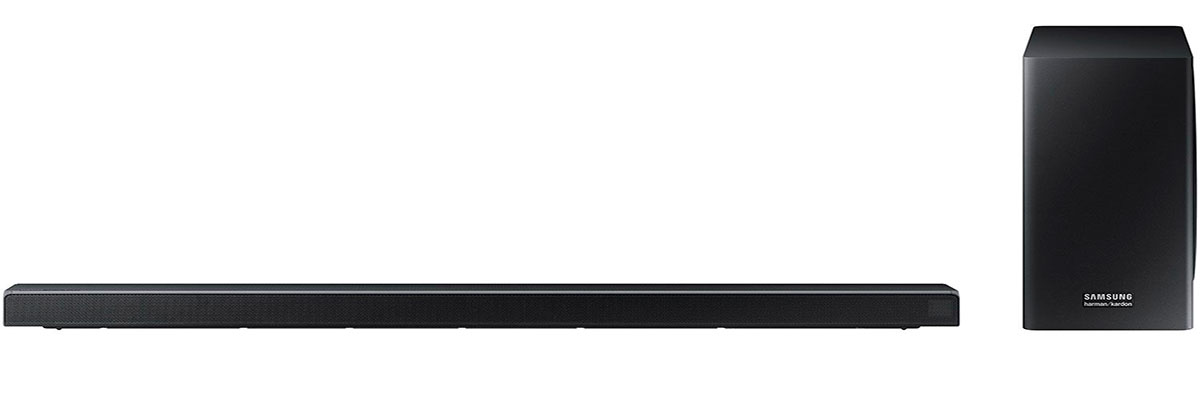
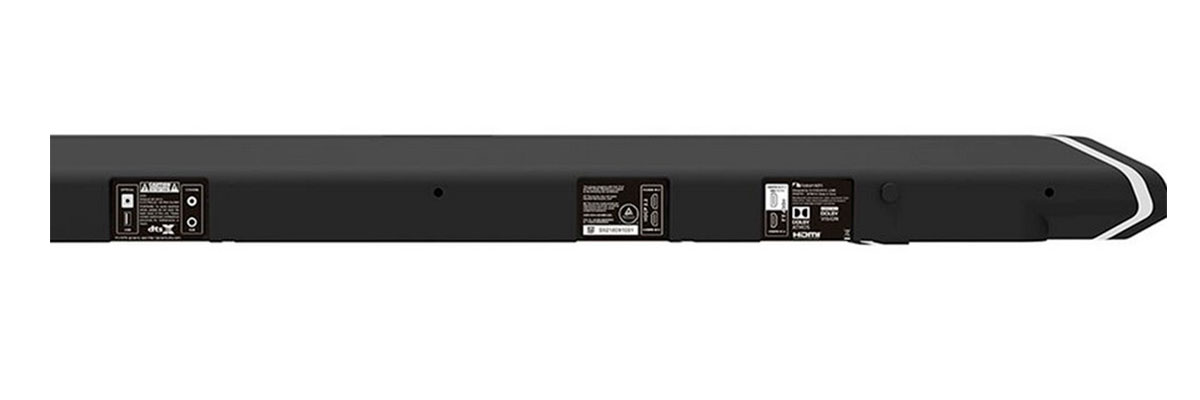
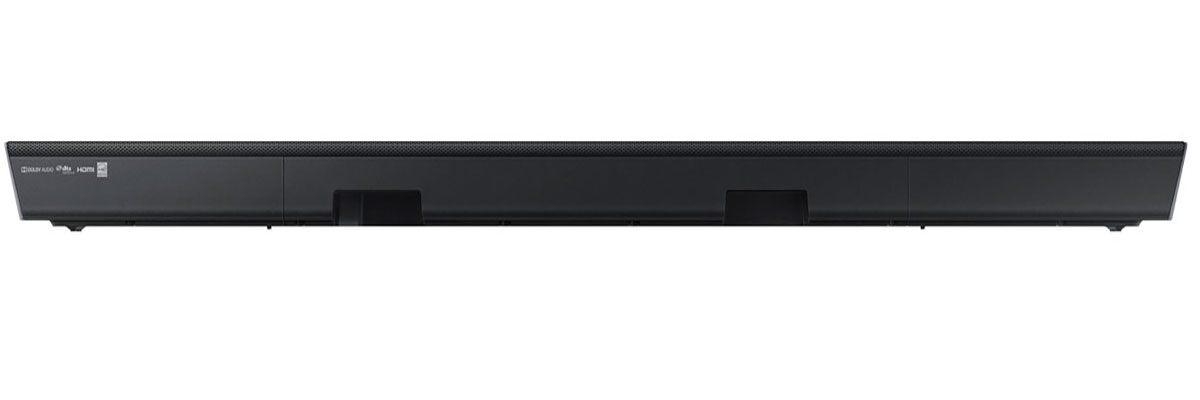
Soundbars SoundStrokes Art comparison rating
- 8.2Nakamichi Shockwafe Ultra 9.2
- 7.6Samsung HW-Q70R
Latest soundbar comparisons
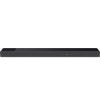
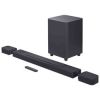
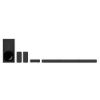
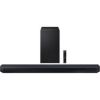

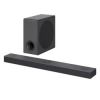
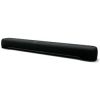
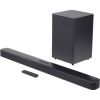
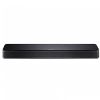
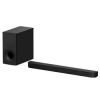

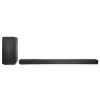
Popular soundbar comparisons
